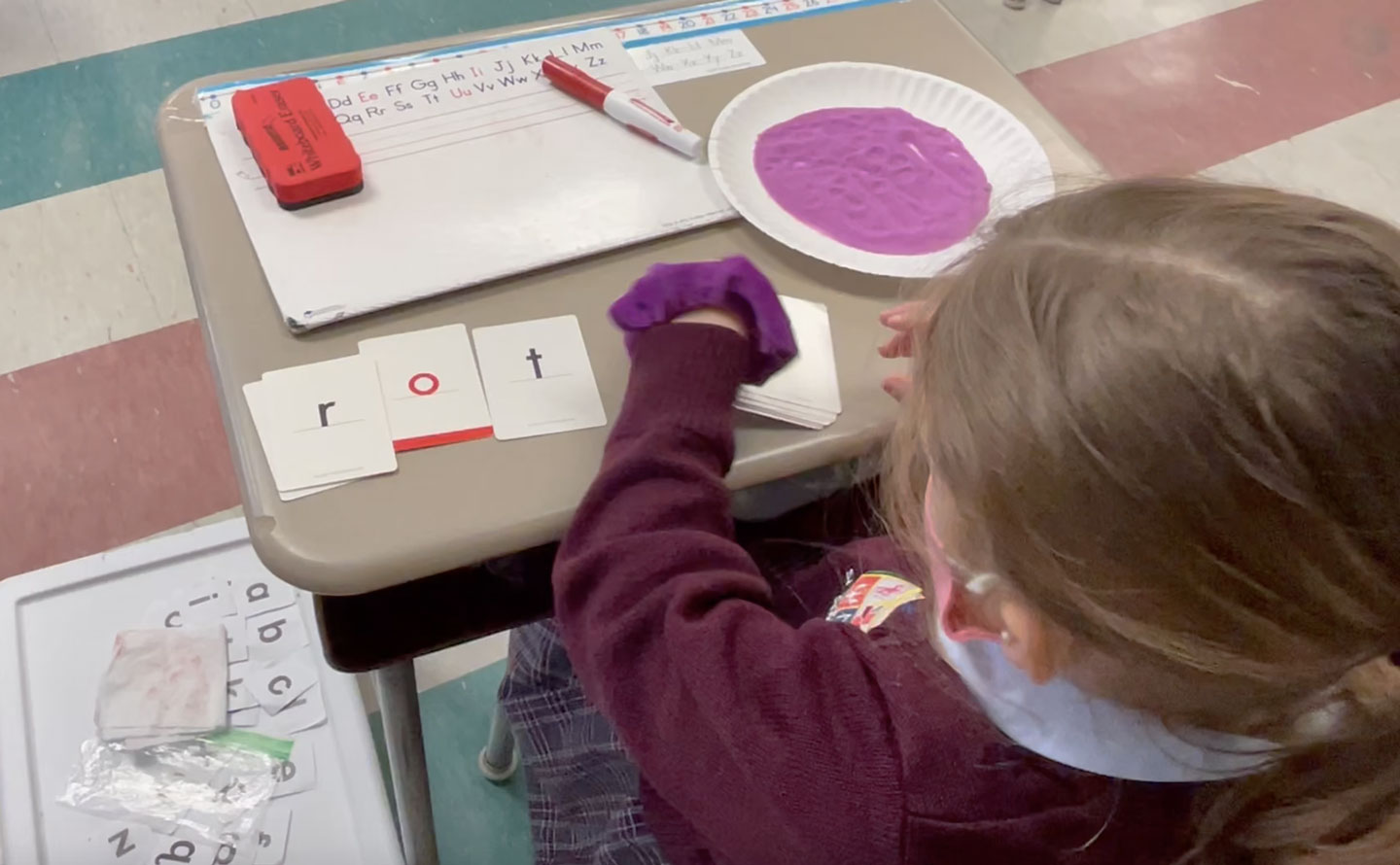Those jubilant words are from 3rd grader Mackenzie, who was taught by a teacher in the Orton Gillingham Approach. What is that approach you ask?
Students with dyslexia or a reading disorder need to learn to read, write and spell in a way that makes sense to how their brain is wired. Because traditional reading instruction does not make sense to these students, nor are their brains able to retain it, these students need “the direct, explicit, multi-sensory, structured, sequential, diagnostic and prescriptive approach to literacy” that Orton Gillingham provides in order to reach their potential and be successful readers and writers.
The Orton Gillingham Approach’s curriculum and instructional practices are acquired from two sources. First, from a body of knowledge and practice that has been incorporated and validated over the past 80 years of development. Second, it is responsive to scientific evidence about how students learn to read and write. Orton Gillingham has identified why a significant number of students struggle with literacy skills, and how having dyslexia makes achievement of these skills more difficult. Finally, it has identified the instructional strategies that are best suited for teaching these students to read and write.

Over the past three summers, The SEAL Foundation has trained almost 40 SouthCoast teachers in the Orton Gillingham Classroom Educators PD. It is used as a differentiation tool in classrooms or in small group instruction with the special education teacher. Pre and post testing of students show one to two years of growth in their reading skills. In addition, students’ confidence in their reading has boosted as they now have a structured approach to decoding and encoding. Furthermore, with classroom teachers being trained as well, they reinforce the work that the special educator does, using the same OG techniques. This helps students generalize these skills to their classroom work so it is not just learned in isolation and allows students like Mackenzie to grasp the concepts necessary to become a successful reader and joy-filled student!

